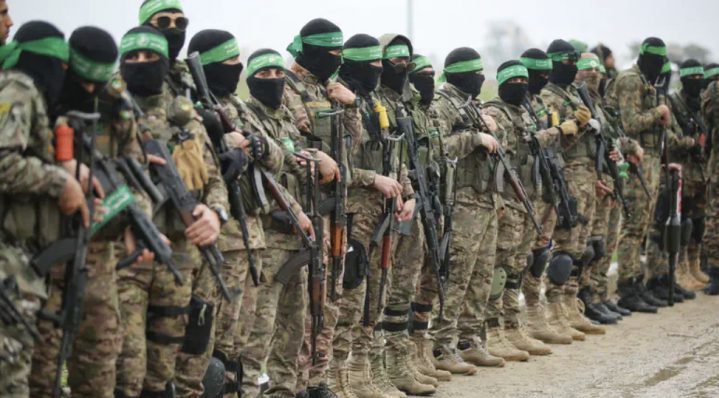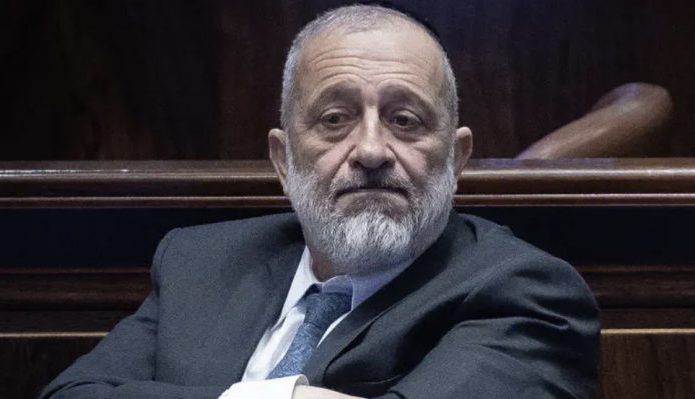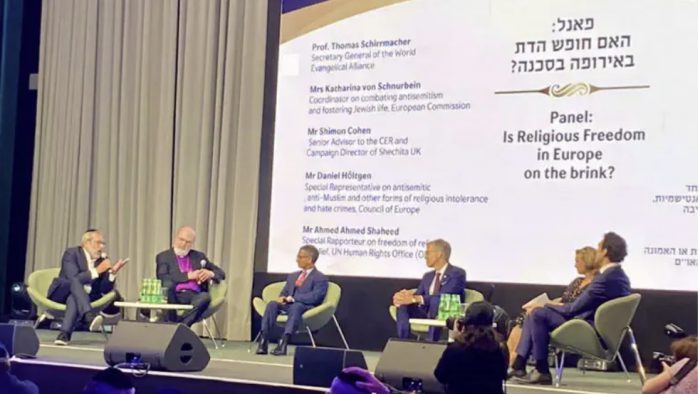Syria reopens its London embassy after ten years, signaling Western re-engagement following President al-Sharaa’s historic visit to Washington.
In a striking diplomatic turnaround, the flag of the Syrian Arab Republic was raised once again over its embassy in London on Thursday — ending more than a decade of severed ties between Damascus and the United Kingdom.
Foreign Minister Asaad Hassan al-Shaibani presided over the reopening ceremony, where a crowd chanted “Allahu Akbar” as the red-white-black flag ascended above the embassy’s façade in central London.
Posting on X, al-Shaibani proclaimed:
“After years of isolation imposed by Assad’s chemical regime, today we reopen the Syrian Embassy in London. Syria returns to the world under its free identity.”
The embassy had been shuttered since 2013, when the UK cut diplomatic relations amid the civil war and widespread atrocities committed by the Assad regime. Its reopening follows a dramatic policy reversal: London recently lifted sanctions on President Ahmed al-Sharaa, mirroring a similar step by the UN Security Council.
After Washington: Syria’s Global Reintegration Accelerates
The London reopening comes just days after President al-Sharaa’s historic visit to the White House, where he met with U.S. President Donald Trump — the first-ever meeting between an American and Syrian head of state.
Accompanied by Foreign Minister al-Shaibani and U.S. Secretary of State Marco Rubio, the talks centered on regional security, counter-terror cooperation, and Syria’s gradual reintegration into the international community.
President Trump, known for his transactional diplomacy, told reporters:
“I’m confident in al-Sharaa’s ability to do the job. People say he’s had a rough past — we’ve all had a rough past.”
Diplomatic observers interpret Trump’s remarks as a signal that Washington sees al-Sharaa as a stabilizing alternative to the Assad era, one potentially capable of curbing Iranian influence and engaging Israel through indirect security channels.
London’s Calculated Gamble
Adding to the symbolism, the UK government recently removed Hayat Tahrir al-Sham (HTS) — once led by al-Sharaa during Syria’s insurgent phase — from its list of proscribed terrorist organizations.
The controversial decision, part of what officials quietly term a “strategic rehabilitation policy,” aims to secure Syrian cooperation in dismantling remnants of Assad’s chemical weapons infrastructure and facilitating regional stabilization.
London has not publicly commented on the embassy reopening, though senior diplomats privately acknowledge that re-establishing contact with Damascus is seen as essential to containing Iranian proxies and restoring Western leverage in post-war Syria.
Witnesses at the reopening described the moment as “emotional and historic.” One attendee told Anadolu Agency,
“The Syrian people have been waiting for this for a very long time. This is the start of a new chapter.”
Analysis: Syria’s Comeback — or Controlled Reintegration?
While symbolic, the embassy’s reopening underscores a broader Western recalibration toward Damascus — not an embrace of Syria’s past, but a recognition of shifting realities.
With Assad gone and al-Sharaa positioning himself as a pragmatic nationalist leader, Washington, London, and other Western capitals are cautiously exploring engagement — hoping to stabilize Syria, isolate Iran, and restore regional equilibrium.
For Israel, the developments are being watched closely. A re-legitimized Damascus that distances itself from Tehran could reshape Israel’s northern security theater — potentially curbing Hezbollah’s reach but demanding renewed diplomatic vigilance.





